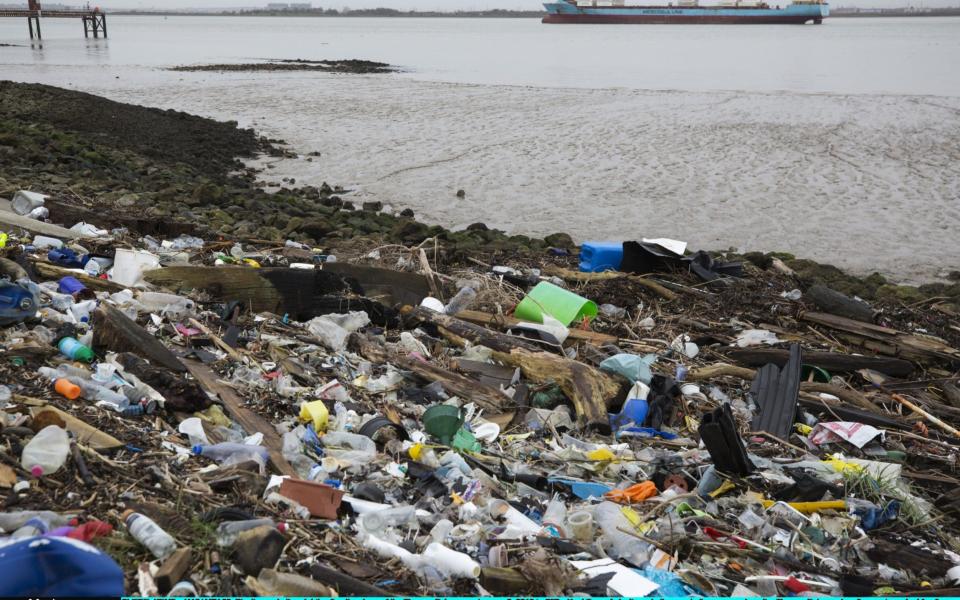Plastic rain is the new acid rain and a hidden threat to health, warns wildlife expert

Plastic rain is the new acid rain, the head of The Wildlife Trusts has said, as microplastics from the sea are polluting our soil.
Tiny particles of plastic, from bottles and other waste, are falling down on us from the sky after degrading to microplastics in the oceans.
A new study in the journal Science found that over 14 months, more than 1,000 metric tons of microplastic particles fell into 11 protected areas in the western US each year, the equivalent of over 120 million plastic water bottles.
Craig Bennett, CEO of The Wildlife Trusts, said that the world is not yet taking the plastics crisis seriously, but if we do not stop using the material we will see implications for human health.
He told The Telegraph: “This will be taken as seriously as we have taken fossil fuels and acid rain. The real story that we're going to be talking about five to 10 years from now, is the impact of plastics and particularly microplastics on human health.”
The wildlife campaigner pointed out that although we have seen “pictures of turtles drowning in the sea because they’ve eaten plastic bags”, the impact of plastics raining down on us, and entering our food chain has not been widely explored.
He said: “The extraordinary impact of microplastics on the planet never goes away. You can't actually properly recycle them. The problems we're seeing now perhaps relate to the plastics that have been put out to the environment over the last 50, 60 or 70 years.
"But over the last decade or so, you see the explosion of single use plastics – and some of those haven't even worked through the system yet. So I think there's a huge, huge concern for the future.”
While measures by countries has reduced the acid rain problem, and the chemicals can be removed from soil and buildings, plastic rain is in some ways more worrying as the impact cannot be easily reduced. There is, at the moment, no real way to filter microplastics from the soil.
This has implications for human health; a study published last year found that microplastics were found in every human organ studied by scientists.

 Yahoo News
Yahoo News 